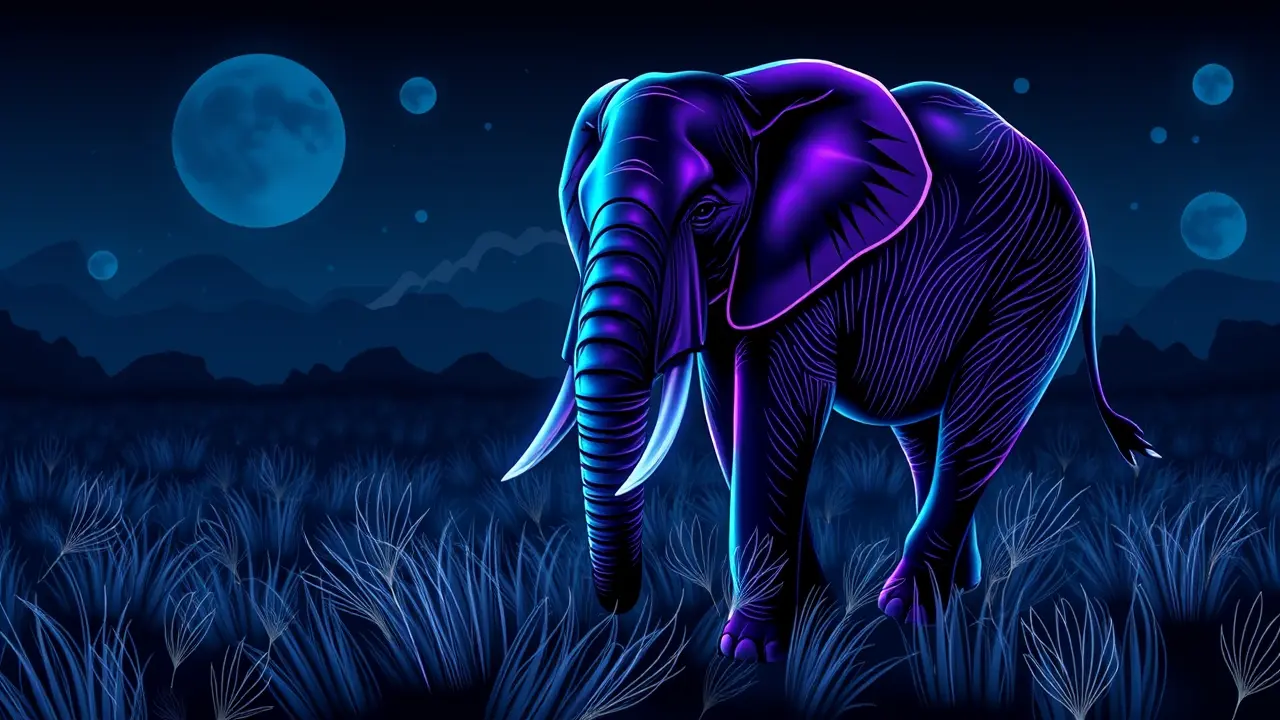Zimbabwean Lawmaker Dies in Collision with an Elephant.
The untimely death of Zimbabwean lawmaker Desire Moyo, who perished a day before his 46th birthday following a collision with an elephant, casts a stark and tragic light on the increasingly fraught intersection of human development and wildlife conservation across Southern Africa. Moyo was traveling with four fellow Members of Parliament, all of whom sustained injuries and were hospitalized, a detail that underscores the indiscriminate nature of such encounters and elevates the incident from a private tragedy to a national conversation piece.This is not an isolated event but a symptom of a deeper ecological crisis, one where shrinking habitats and fragmented migration corridors, driven by agricultural expansion and infrastructure projects, force majestic creatures like the African elephant into ever-closer proximity with human settlements and transit routes. Zimbabwe, home to one of the world's largest elephant populations, faces an immense challenge in balancing the protection of this vulnerable species, listed as endangered on the IUCN Red List, with the safety and livelihoods of its people.The narrative of human-wildlife conflict here is complex and heart-wrenching; on one side, communities grieve the loss of life and the destruction of crops, while on the other, conservationists document the silent, desperate journeys of herds navigating a landscape increasingly carved up by roads and fences. The elephant involved in this collision was likely a victim itself, a sentient being displaced from its traditional paths, its behavior potentially stressed and unpredictable—a far cry from the romanticized vision of untamed wilderness.Expert commentary from ecologists like Dr. Never Muzamba of the University of Zimbabwe often highlights that these are not acts of animal aggression but of spatial desperation, a point that gets lost in the immediate aftermath of such a shocking event.The consequences ripple outward: Moyo's death deprives the nation of a public servant at a pivotal moment, and it will inevitably fuel debates in the halls of parliament about mitigation strategies, from the construction of more robust wildlife corridors and underpasses to the controversial topic of controlled culls to manage population numbers. Historically, the relationship between Zimbabweans and their megafauna has been one of both reverence and conflict, rooted in a cultural heritage that now clashes with modern realities.As climate change exacerbates resource scarcity, pushing animals to travel further for water and food, the frequency of these tragic meetings is predicted to rise, creating a volatile frontline in conservation. The story of Desire Moyo is thus a profound, sobering reminder that the cost of environmental degradation is measured not only in species loss but in human lives, a painful equation that demands a more empathetic and scientifically-grounded policy response, one that honors the deceased by forging a future where both people and elephants can coexist without such fatal consequences.
It’s quiet here...Start the conversation by leaving the first comment.
© 2025 Outpoll Service LTD. All rights reserved.
